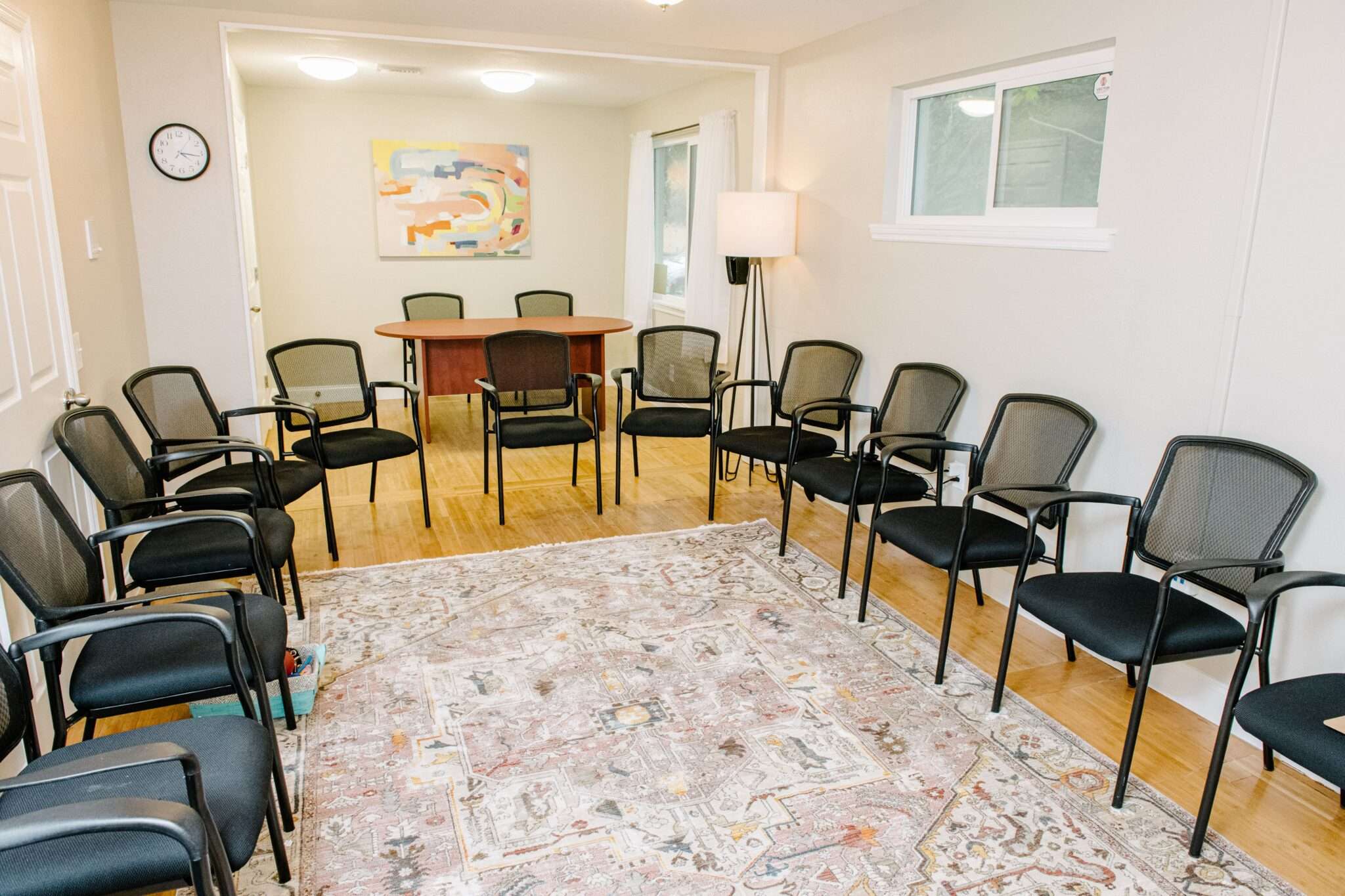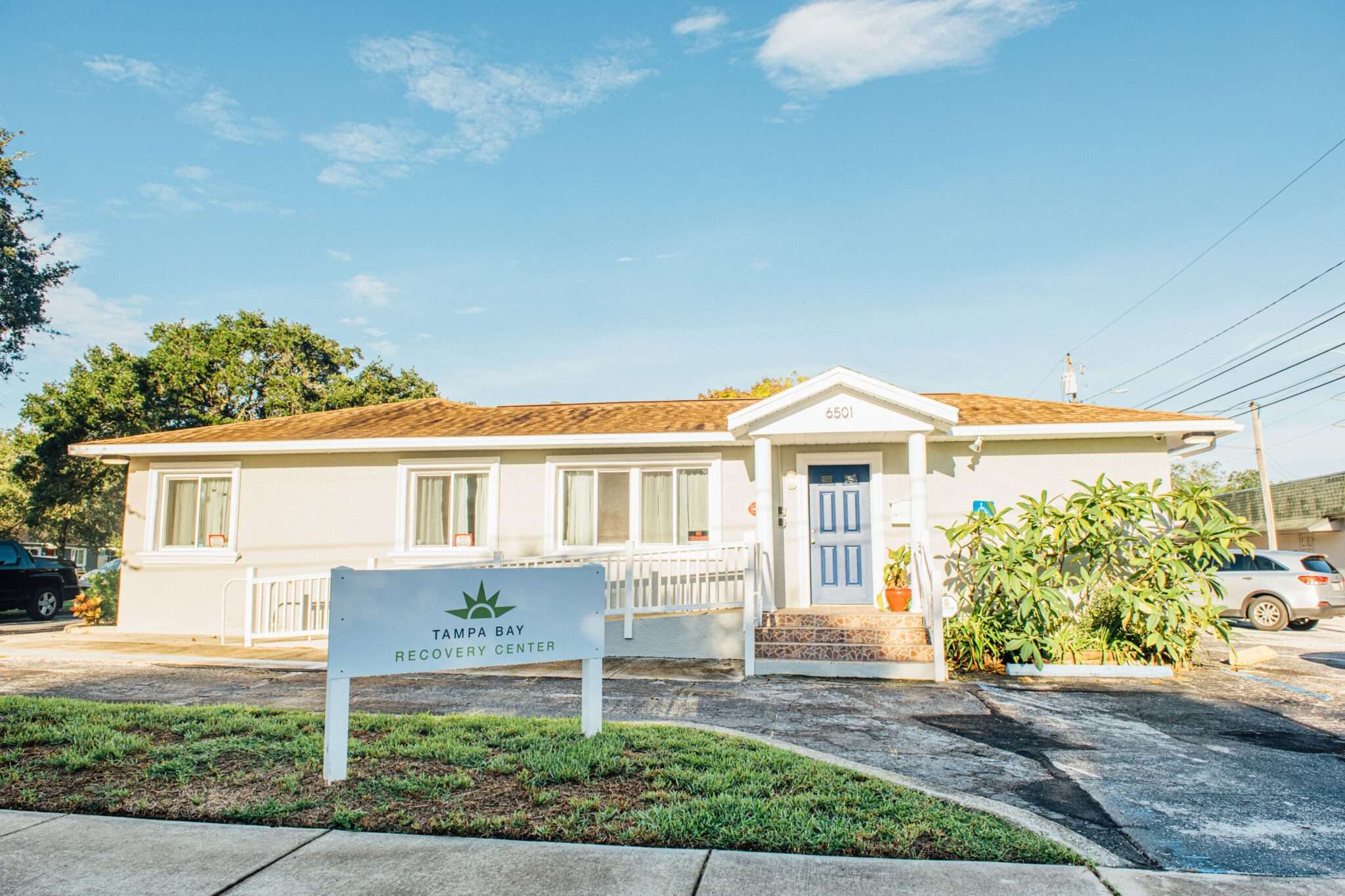Mental health disorders often have overlapping and similar symptoms. Thus, it can be difficult to tell the difference without a professional evaluation. The similarities between avoidant personality disorder vs social anxiety can lead to an incorrect self-diagnosis of two disorders that vastly differ in terms of causes and treatment.
Gulf Coast Recovery Center in Tampa, Florida, provides outpatient treatment for a variety of mental health disorders. Learn more about avoidant personality disorder vs social anxiety and reach out today if you are concerned about your mental health.
What is Avoidant Personality Disorder?
Avoidant personality disorder (AVPD) is a mental health disorder characterized by challenges in socialization. According to Psychology Research and Behavior Management, “Prevalence estimates for AVPD cluster around 1.5%–2.5%.” However, some estimates of the disorder vary between slightly lower and much higher.
The root cause of these challenges is low self-esteem and an intense fear of being rejected by others. Because of these challenges, a person with avoidant personality disorder could go out of their way to avoid everyday social interactions.
Additional characteristics of AVPD include the following:
- Strong feelings of inadequacy
- Extreme sensitivity to criticism
- Having few or no friends
- Appearing shy or awkward
- Intense fear about social events
- Poor self-image
- Feel unworthy of love
- Catastrophizing everyday challenges
These characteristics disrupt a person’s ability to live a fulfilling life. In extreme cases, they could be dependent upon others to complete everyday tasks, like grocery shopping or working to pay bills. To understand avoidant personality disorder further, it helps to know what a personality disorder is.
What Are Personality Disorders?
Personality disorders occur when personality traits are unhealthy and inflexible. Your personality develops over time and defines how you think, feel, behave, and interact with others. So, a personality disorder involves unhealthy and rigid ways of thinking, feeling, and acting.
Symptoms of personality disorders can overlap with other mental health disorders. However, personality disorders differ from other disorders in their development and their treatment.
How is Avoidant Personality Disorder Treated?
Since the root of AVPD is in a person’s thoughts, feelings, and actions, treatment must address this head-on. Generally, a person’s feelings and actions are driven by their underlying thoughts and beliefs. Therefore, psychotherapy that focuses on challenging unhealthy and inflexible thought patterns, like cognitive-behavioral therapy (CBT) can help with AVPD.
What is Social Anxiety?
Social anxiety is a type of anxiety disorder that affects a person’s ability to engage in social situations. For a person with social anxiety, socializing triggers a fear-based response. This is called the “flight or fight” response system, and it helps a person fight off or flee from a threat.
Social anxiety isn’t just shyness or having an introverted personality. Rather, the person’s body reacts as if certain social events are life-or-death situations. Just like defining AVPD above, it helps to understand the broader category of anxiety disorders to clarify what social anxiety is.
What Are Anxiety Disorders?
Anxiety disorders are mental health disorders characterized by intense and irrational fears. A person with an anxiety disorder feels excessive dread, guilt, shame, or apprehension about everyday events. In addition, they could experience anxiety over just the thought or anticipation of specific events, situations, people, or things.
Symptoms of anxiety disorders, including social anxiety, include the following:
- Persistent feelings of worry and doubt
- Restlessness
- Irritability
- Fatigue
- Trouble focusing or thinking clearly
- Difficulty sleeping
- Appetite changes
- Muscle tension
- Elevated heart rate
- Rapid, shallow breathing
- Profuse sweating
- Panic attacks
In short, social anxiety is a type of anxiety disorder where social events or situations are the primary trigger. Social anxiety can vary in severity and impairment. For instance, some people have mild symptoms whereas others struggle to leave their homes.
How is Social Anxiety Treated?
Social anxiety responds to similar treatments as other anxiety disorders—specifically, psychiatric medication and talk therapy. However, for social anxiety, treatment must also include exposure to triggers. Thus, your therapist and support team will help you navigate triggering social situations successfully.
Difference Between Avoidant Personality Disorder Vs Social Anxiety
Overall, the primary difference between avoidant personality disorder vs social anxiety is the root cause of the person’s symptoms. While on the surface, the avoidant behaviors of both disorders may look the same, understanding which disorder you have is crucial to finding effective treatment.
Because of these differences, treating avoidant personality disorder mainly focuses on changing unhealthy thought patterns, rigid belief systems, and improving self-esteem and self-image. On the other hand, treatment for social anxiety involves managing bodily and cognitive overreactions and gradually exposing you to your triggers.
Mental health treatment programs for both disorders can lead to overcoming the challenges that are holding you back from living the life you deserve.
Get Help Today at Gulf Coast Recovery Center
Treatment for avoidant personality disorder vs social anxiety focuses on differing root causes. At Gulf Coast Recovery Center in Tampa, Florida, we understand how difficult it is to live with the avoidant behaviors characteristic of both disorders. That is why we offer evidence-based treatment in a comfortable, outpatient setting to help you achieve your goals in mental health recovery.
Contact us today and free yourself from the shackles of mental health disorders.
















